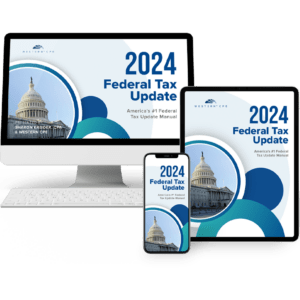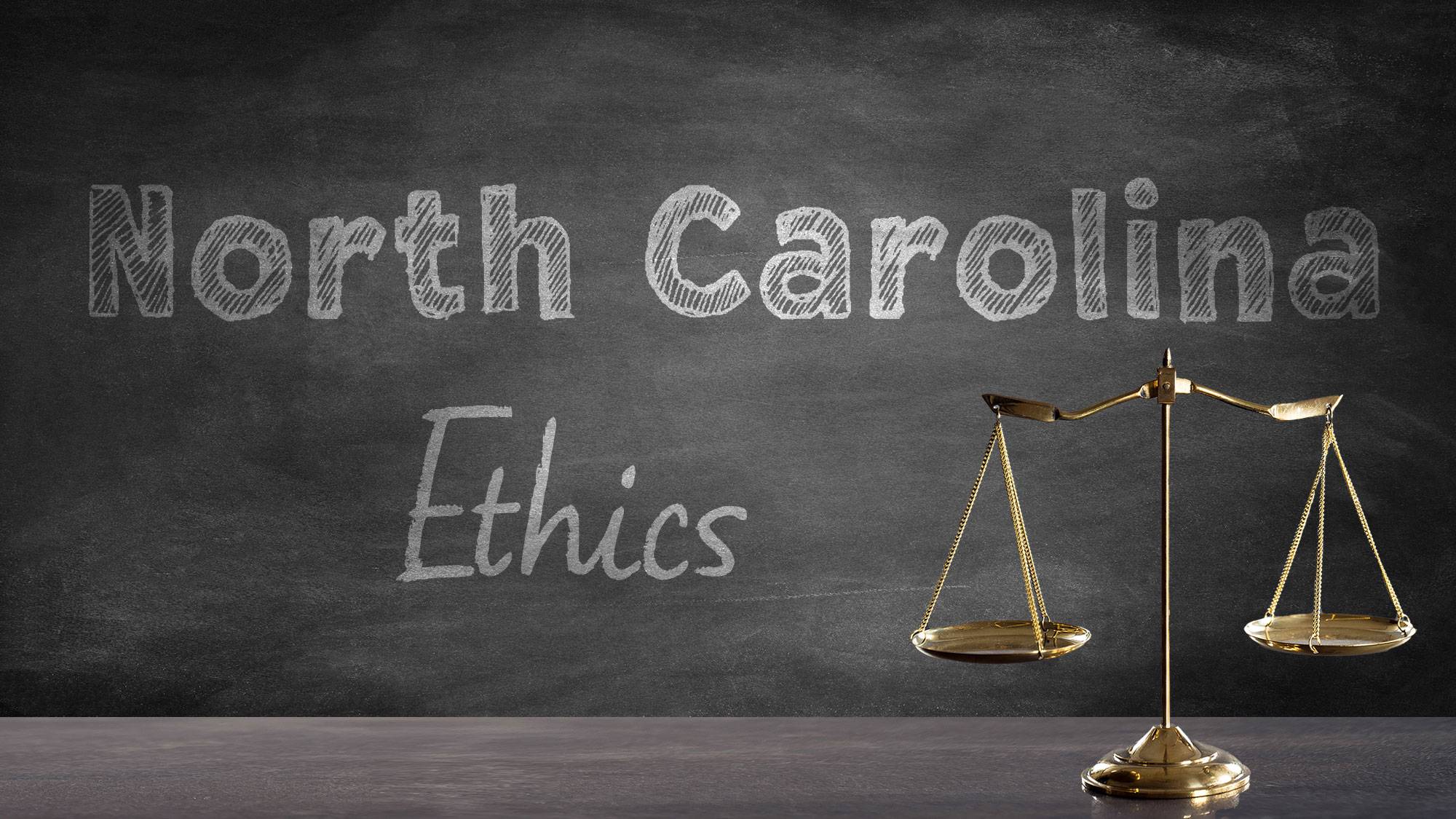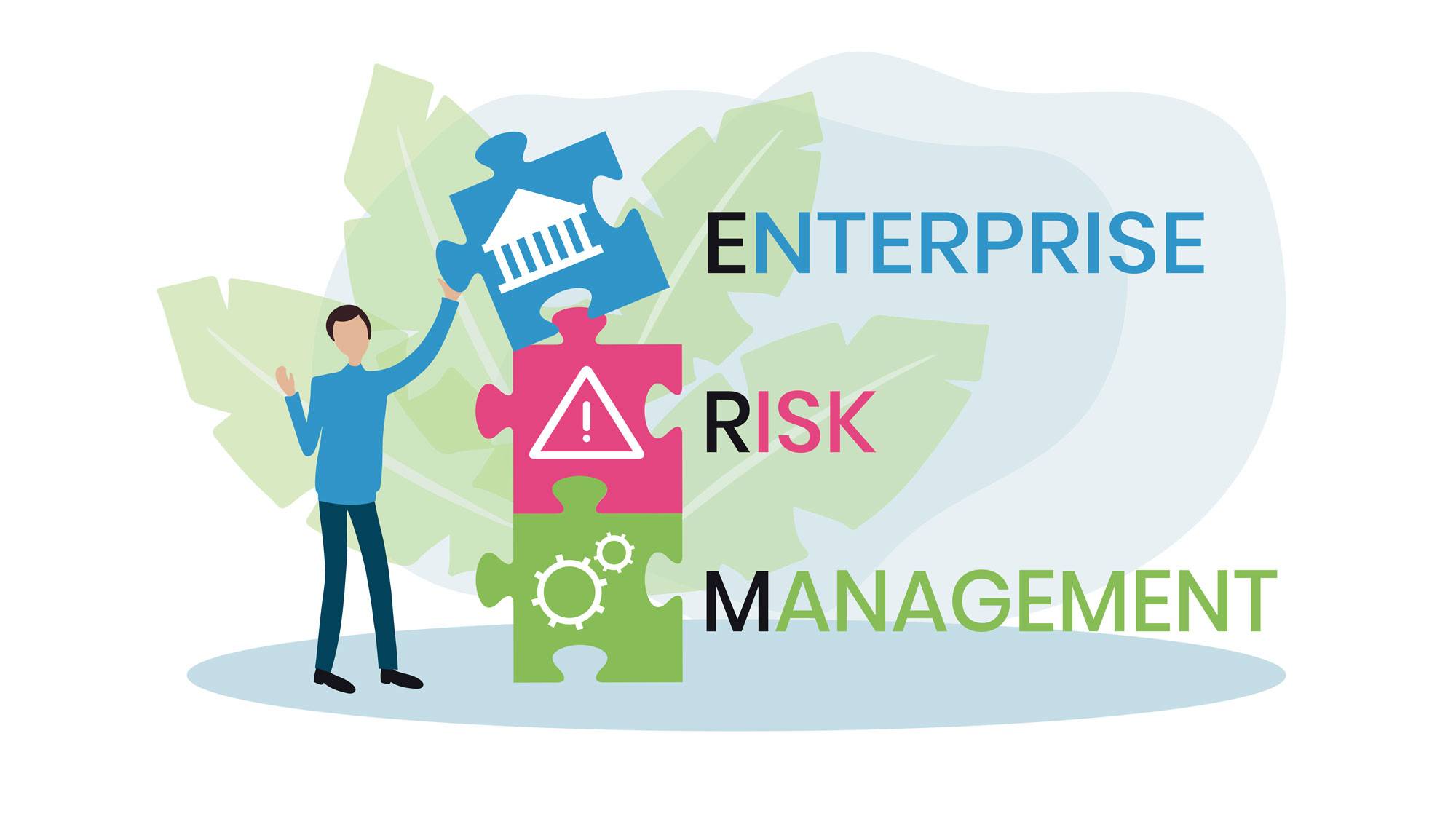WESTERN CPE BLOG
Providing the latest tax news, information, and updates for tax and finance professionals
North Carolina CPE Requirements: A Guide to Staying Compliant
Introduction
Maintaining compliance with North Carolina’s CPE requirements is essential for accountants and financial professionals to keep their licenses in good standing. With the June 30th renewal deadline and the end of the CPE reporting period approaching, now is the time to ensure your CPE credits are in order. This guide will help you navigate North Carolina’s CPE requirements, avoid common pitfalls, and stay on track with your professional development.
Overview of North Carolina Accounting CPE Requirements
NC CPE requirements ensure that CPAs stay current in their knowledge and skills. Here’s what you need to know:
Total CPE Requirements
- Minimum Hours: 2,000 minutes annually.
- Reporting Period: January 1 to December 31 annually.
North Carolina Ethics CPE Requirements
- Mandatory Ethics Credit: 50 minutes.
- The ethics course must be provided by a NASBA-registered sponsor.
CPE Credit Limitations
- Instruction:
- Instructor credits are limited to 50% of total minutes.
- Credits for instructing a college course are only awarded for courses above the level of accounting principles.
- Published Materials:
- Authorship credits are limited to 25% of total minutes.
- Self-Study:
- Credits are based on the number of minutes required to complete the course, as determined by the sponsor.
CPE Carryover Policy
- Maximum Carryover: Up to 1,000 minutes may be carried over to the next reporting period.
- Carried-over credits cannot be applied toward the ethics requirement.
Other State Policies
- Accepted Programs: North Carolina recognizes CPE credits from programs offered by National Registry sponsors.
- Non-Resident Exemption:
- Non-resident licensees may fulfill their CPE requirements based on the rules of the jurisdiction where they are licensed and primarily work or reside.
- If no ethics requirement exists in their jurisdiction, non-residents must meet North Carolina’s ethics requirement.
Common Challenges
- Understanding CPE Credit Categories: Many professionals find it challenging to determine how different activities—such as teaching, writing, or taking self-study courses—count toward their total CPE minutes. Understanding the credit limitations for instruction and authorship is key to ensuring all activities are appropriately credited.
- Ethics CPE Requirement Confusion: The ethics requirement can be confusing, particularly for non-resident licensees. It’s critical to verify that your chosen course meets North Carolina’s specific requirements for ethics training.
- Staying Organized: Tracking carryover minutes and ensuring that credits align with the reporting period can be daunting, especially for busy professionals juggling multiple commitments.
- Finding NASBA-Approved Sponsors: With ethics training required from NASBA-approved sponsors, finding the right course can sometimes be a challenge, especially close to the reporting deadline.
Recommended Courses
These courses have been particularly popular with professionals in North Carolina and are tailored to meet your needs:
America’s #1 Federal Tax Update is a comprehensive collection focused on individual and business taxation that covers all of the latest developments the IRS, legislative, and judicial folks can and will throw your way. It’s bigger, better, and more trusted than the knock-offs out there, so accept no substitutes.
Take control of your continuing education with Western’s Credit Packages: flexible CPE that fits your exact requirements. Get access to our entire digital course library, including webcasts, self-study, and self-study video courses. It’s like an unlimited CPE subscription, but better—you only pay for what you need.
Essential program for North Carolina CPA Ethics and Conduct. Master state regulations and professional values through case studies and practical examples.
In-depth exploration of Nonprofit Accounting principles and practices. Enhance your understanding of financial management in the nonprofit sector, from foundational concepts to complex specialized topics.
Walkthrough for Homeowners’ Association Accounting and Reporting. Learn specialized transactions and controls while ensuring accurate financial statements for common interest realty associations.
Strategic guide to Enterprise Risk Management and Control Systems. Develop comprehensive approaches to identifying, prioritizing, and integrating risk management across all organizational functions.
Conclusion
Meeting NC CPA CPE requirements is vital for maintaining your professional license and staying up to date in your field. With clear rules and manageable deadlines, compliance is achievable—as long as you stay informed and organized.
Join thousands of professionals who trust us to help them meet their CPE requirements. Browse our catalog today and discover courses designed to fit your goals and deadlines.
FAQ
Q: How many minutes of CPE do I need to complete annually in North Carolina?
A: You must complete 2,000 minutes of CPE annually during the reporting period from January 1 to December 31.
Q: Can I carry over excess CPE minutes to the next reporting period?
A: Yes, you can carry over up to 1,000 minutes, but these minutes cannot be used to fulfill the ethics requirement.
Q: Do I need to take an ethics course every year?
A: Yes, you are required to complete a 50-minute ethics course annually from a NASBA-registered sponsor.
Q: Are there limitations on certain types of CPE credits?
A: Yes, instruction credits are limited to 50% of total minutes, and authorship credits are limited to 25% of total minutes.
Q: What if I am licensed in another state but work in North Carolina?
A: Non-resident licensees can meet their CPE requirements based on the rules of their home jurisdiction. However, if there is no ethics requirement in that jurisdiction, they must meet North Carolina’s ethics requirement.
-
Self-Study
Revenue Recognition Fundamentals – How to Identify Performance Obligations
$29.00 – $49.00 Select options This product has multiple variants. The options may be chosen on the product page -
Self-Study
Revenue Recognition Fundamentals – Assessing and Analyzing Contracts
$29.00 – $49.00 Select options This product has multiple variants. The options may be chosen on the product page -
Self-Study
Lease Accounting Simplified – What You Need to Stay Compliant
$58.00 – $78.00 Select options This product has multiple variants. The options may be chosen on the product page -
Self-Study
Ethics and Professional Conduct for Utah CPAs
$116.00 – $136.00 Select options This product has multiple variants. The options may be chosen on the product page













